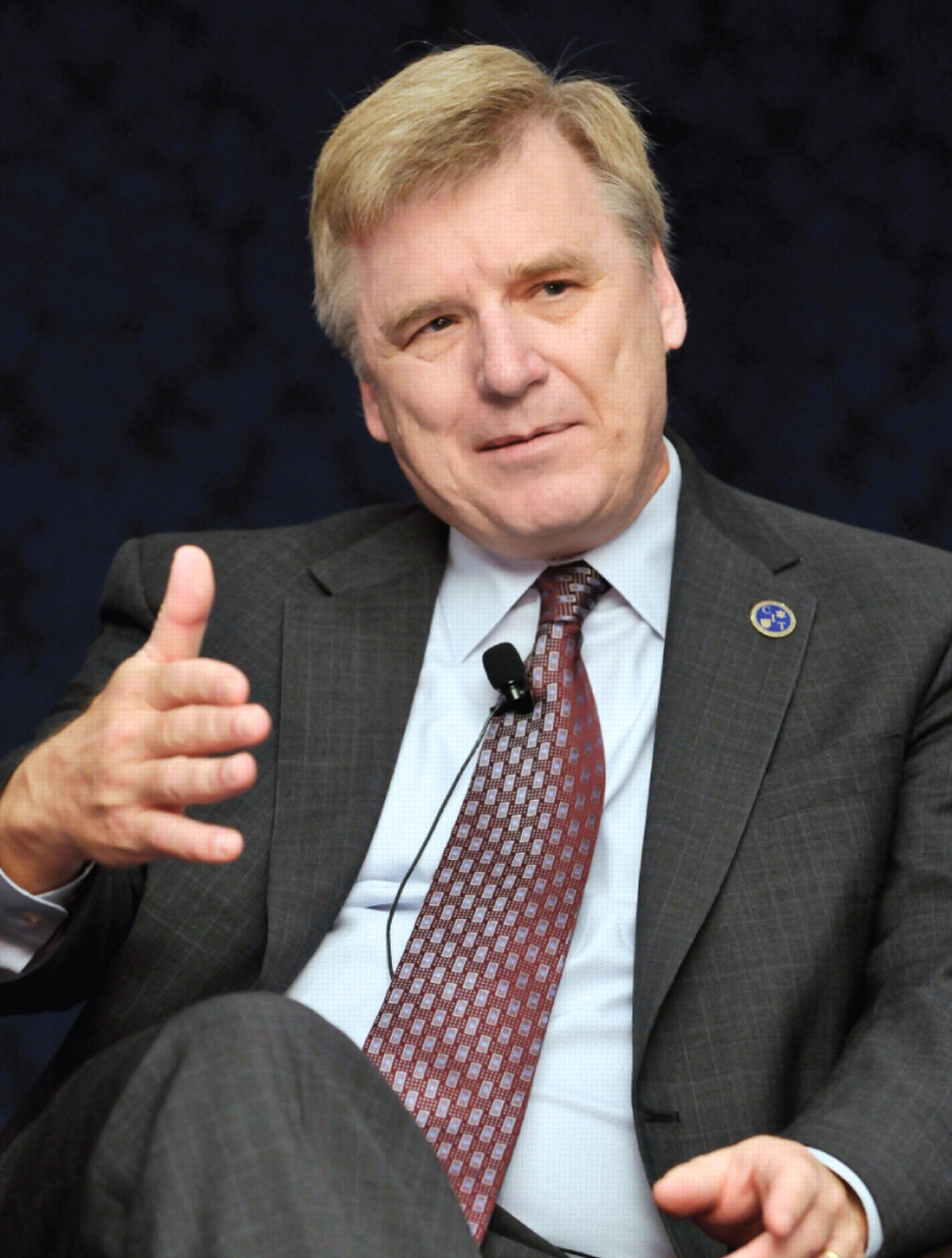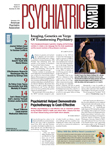Pete Earley's son has a severe and persistent mental illness, but the author and journalist, who spent a year residing in the jail system of a large American city to tell the story of mentally ill people warehoused there, has his own diagnosis for America's mental health system—“Crazy.”
That's the title of Earley's latest book, whose subtitle is “A Father's Search Through America's Mental Health Madness.”
At last month's APA Institute on Psychiatric Services in New York, Earley was the guest discussant for “Conversations,” an event sponsored by the American Psychiatric Foundation, where he talked about his book and the harrowing family saga that led him to write it.
An investigative journalist whose previous work included a biography of Aldrich Ames, the American spy convicted in 1994, and a behind-the-scenes account of the Federal Witness Protection Program, Earley was thrust into a murky world of another kind when his son, Mike, was diagnosed with bipolar disorder.
Refusing to take his medication, Mike quickly decompensated. When Pete Earley tried to get his son admitted to a hospital for treatment, he was told repeatedly that Mike couldn't be admitted against his will until he became dangerous to himself or others; it was only after Mike committed a criminal offense that he was able to get the treatment his father had been seeking for him.
The event served as a catalyst for the senior Earley to do what he does best—go on a journalistic hunt for the story behind America's criminalization of mentally ill people. He sought to spend time in the jail systems of several major cities—including Los Angeles, Chicago, New York, and Washington, D.C.—before he was successful in being given unrestricted access to the Miami-Dade County Jail by officials there.
Earley's book tells the story of five mentally ill patients in the Miami-Dade County jail system, including one patient whose parents literally had to frame her for a crime to get her treated. In between, he weaves in his own family story in a passionate attack on the way many with mental illness are criminalized.
Earley had blunt words for clinicians attending the event during the institute last month. “Psychiatrists really need to step it up and take a more forceful role,” he said. “I don't think I have ever met a group that is more modest.”
In an interview with Psychiatric News, Earley reiterated his belief that psychiatry needs to take on both a health-insurance system that has relegated psychiatrists to being “pill pushers” and a legal system that has allowed an average of 16 percent of the population of an average large-city prison system to be composed of people with a serious mental illness.
“When you have a heart problem, you don't go to a lawyer to see if you need heart surgery,” he said. “Yet that is what we do with mental illness. You have to go to a lawyer to decide if someone is dangerous enough to get any kind of help. I think that is fundamentally wrong.”
It's a message Earley has delivered before, when he was awarded APA's Patient Advocacy Award at last year's annual meeting in Washington, D.C.
“I love my son,” he said then of the young man who is now training to be a peer-to-peer counselor for other patients with serious mental illness. “And I want his civil rights safeguarded. And I know the dreadful history of how we have treated people with mental disorders in our country. But it does not do either an ill person or our society any good to tell a father ‘come back after your son tries to kill himself or you.’ We must find a better way to help ensure civil rights but also get persons who are clearly psychotic meaningful help rather than waiting until they become dangerous, while preventing avoidable long-term damage, such as metabolic syndrome and foreshortened lives.”

